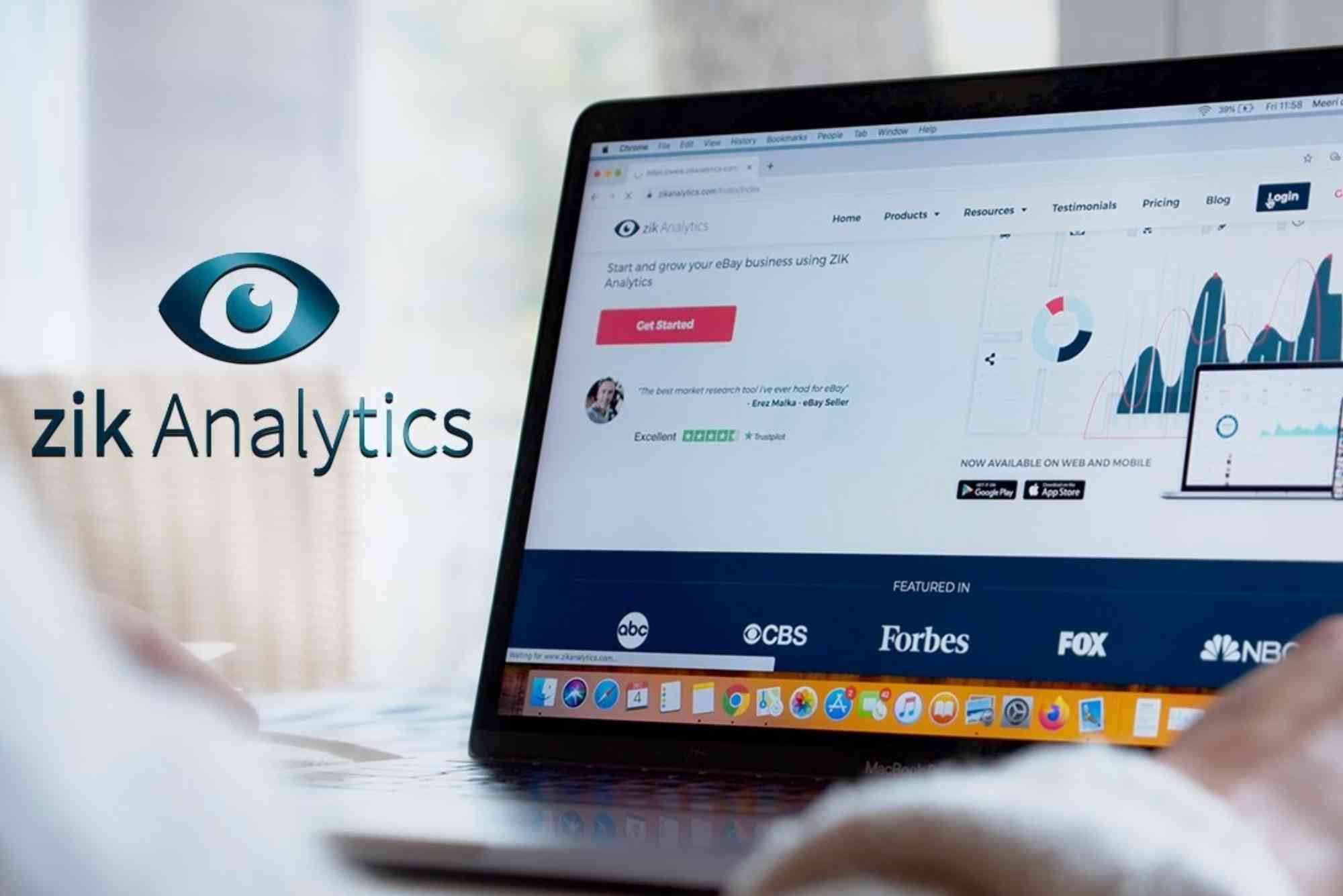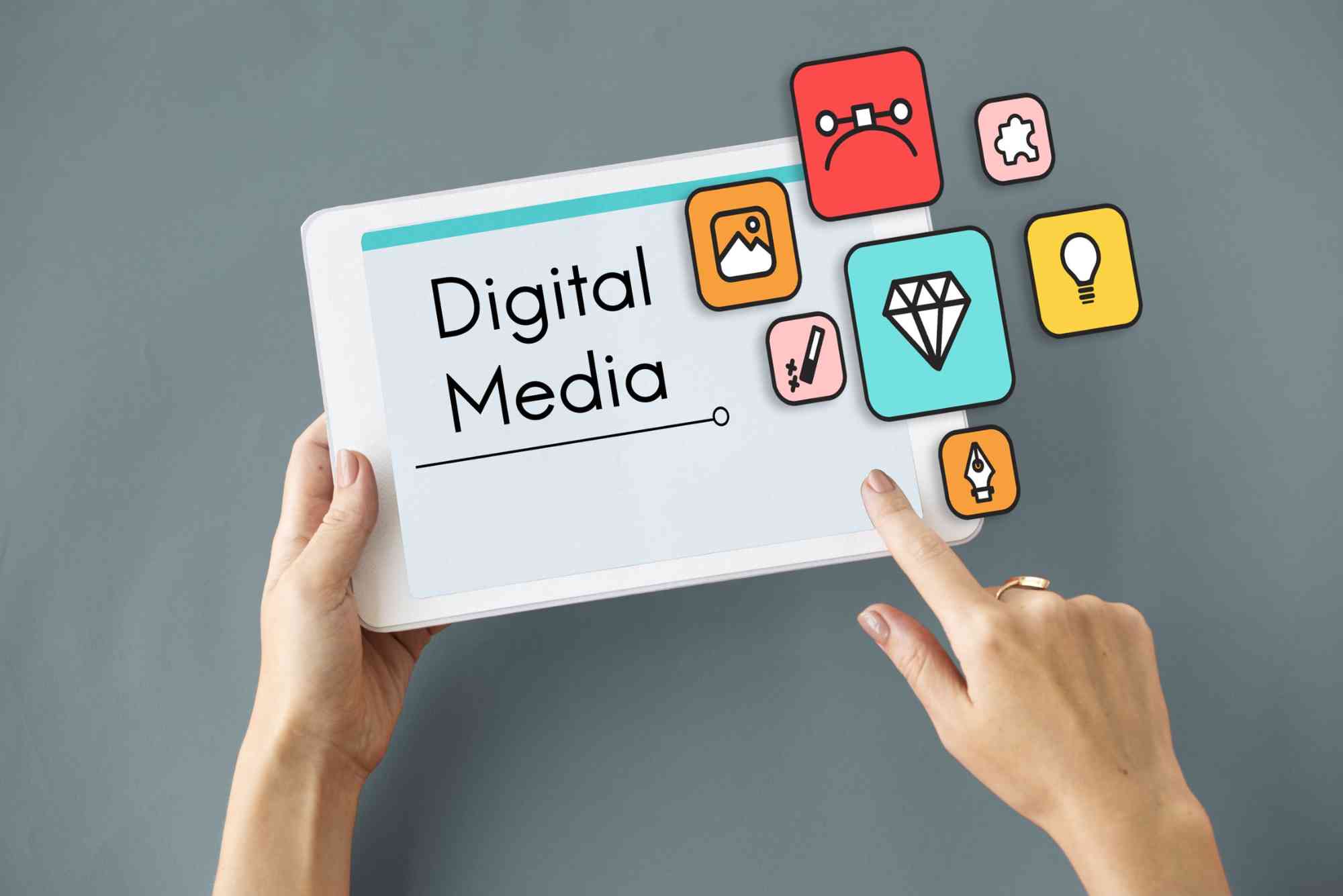How Digital Marketing Strategy is Changing Digital Marketing
In the fast-paced online world, digital marketing strategy has become the driving force behind business success. It’s not just about ads, clicks, or social posts anymore. Today, a strong strategy defines how brands connect with audiences, build trust, and grow sustainably. As technology advances, digital marketing is constantly reshaping itself — forcing marketers to think smarter, act faster, and deliver more personalized experiences.
This article explores how digital marketing strategies are transforming the entire marketing landscape. We’ll discuss emerging trends, modern tools, and proven approaches that are changing how businesses attract and retain customers in the digital age.
The Evolution of Digital Marketing Strategy
Digital marketing began as a simple online extension of traditional advertising — banners, emails, and search engine listings. But over time, strategies evolved into data-driven systems focused on engagement and personalization. Today, a digital marketing strategy is no longer optional; it’s the foundation of brand identity and customer loyalty.
From Campaigns to Customer Experiences
In the early days, marketers concentrated on one-way communication. Brands would push messages to audiences through ads or newsletters. Now, the focus has shifted toward creating meaningful two-way interactions. Businesses build experiences — not just campaigns. Through automation, AI, and analytics, companies learn what customers want and deliver it in real time.
Integration of AI and Automation
Artificial Intelligence (AI) has become the heart of digital marketing strategy. From predictive analytics to automated email campaigns, AI helps marketers understand user intent and behavior. Tools like chatbots, personalized recommendations, and voice search optimization are transforming how consumers interact with brands.
According to Search Engine Journal Trends, AI-driven personalization can increase conversion rates by up to 20%. This technology allows businesses to provide timely and relevant content — turning casual visitors into loyal customers.
The Role of Data in Modern Marketing
In the digital era, data is the new currency. Every click, search, and social interaction generates valuable insights. A successful digital marketing strategy depends on how effectively a company collects and interprets this information.
Data-Driven Decision Making
Gone are the days of guessing what works. Marketers now rely on analytics tools to measure performance across multiple channels. Platforms like Google Analytics, Meta Business Suite, and HubSpot provide deep insights into audience behavior. These metrics help businesses refine campaigns, optimize content, and improve return on investment (ROI).
Privacy and Transparency
As data usage expands, so does consumer awareness. People are more concerned about how their data is collected and used. Modern digital strategies must prioritize transparency and compliance with regulations like GDPR and CCPA. Brands that respect privacy build stronger relationships and long-term trust.
The Shift Toward Omnichannel Marketing
Consumers no longer interact with brands on a single platform. They move seamlessly between websites, social media, email, and even offline experiences. This shift has pushed businesses to develop omnichannel digital marketing strategies that deliver consistent messages across all touchpoints.
Unified Brand Messaging
A cohesive message ensures brand recognition and trust. Whether a customer discovers your brand through Instagram or a Google ad, they should experience the same tone, visuals, and values. This continuity strengthens engagement and encourages conversions.
Seamless Customer Journeys
Modern consumers expect smooth transitions across channels. For example, someone might see an ad on Facebook, visit the website, and complete a purchase via email promotion. Smart marketers use tools like CRM systems and automation platforms to track these journeys and maintain a personalized approach.
The Impact of Social Media on Strategy
Social media is no longer just a communication platform — it’s a marketplace, a customer service hub, and a storytelling channel. Your digital marketing strategy must incorporate social engagement to remain competitive.
Influencer and Community Marketing
Influencers have become key partners in digital promotion. They bring authenticity and help brands reach niche audiences. Micro-influencers, in particular, are valuable for their high engagement and trusted recommendations.
Social Commerce
Platforms like Instagram and TikTok are now driving direct sales through shoppable posts and live videos. This fusion of social engagement and eCommerce allows brands to shorten the buyer journey and increase conversion rates.
The Importance of Content and SEO Alignment
A great digital marketing strategy always includes strong content and SEO alignment. Content is the voice of your brand, while SEO ensures that voice reaches the right audience.
User-Focused Content Creation
Search engines have become smarter. They now prioritize helpful, relevant, and human-written content. Marketers must focus on delivering value instead of chasing keywords. Educational blog posts, interactive videos, and case studies help establish credibility and trust.
If you want expert assistance optimizing your online visibility, consider consulting an SEO Expert Help specialist who can tailor strategies to meet your unique business goals.
Voice and Visual Search Optimization
With smart devices and image-based searches growing rapidly, optimizing for voice and visual queries is essential. Brands that adapt their content for these formats will lead the next phase of digital visibility.
Emerging Technologies Reshaping Digital Marketing
As we move toward 2025, technology continues to redefine what’s possible in marketing. From AR to blockchain, these tools are helping brands stay ahead of competition.
Augmented and Virtual Reality (AR/VR)
AR and VR create immersive brand experiences. For instance, beauty brands let customers “try on” products virtually before purchasing. This approach boosts engagement and customer satisfaction.
Blockchain for Transparency
Blockchain technology provides secure and transparent data tracking. It helps prevent ad fraud, ensures data privacy, and builds consumer confidence in online transactions.
The Rise of Predictive Marketing
By analyzing historical data, predictive marketing tools can anticipate future behaviors. Businesses can then craft personalized messages that resonate with customer needs before they even express them.
Measuring Success in Digital Marketing Strategy
Without proper measurement, no strategy can be considered effective. Marketers use a combination of key performance indicators (KPIs) to evaluate results and make data-backed decisions.
Key Metrics to Track
Some essential KPIs include website traffic, conversion rate, click-through rate (CTR), engagement metrics, and customer lifetime value (CLV). Monitoring these indicators helps businesses adjust campaigns in real-time and maintain consistent growth.
Continuous Improvement
Digital marketing is an ongoing process. Regular audits, A/B testing, and content updates ensure that strategies remain relevant and competitive in a rapidly evolving landscape.
Future of Digital Marketing Strategy
The future of digital marketing will rely heavily on automation, personalization, and human connection. While AI will handle most repetitive tasks, creativity and empathy will remain core strengths of human marketers.
Sustainability, inclusivity, and ethical marketing will also take center stage. Brands that align their strategies with social values will build stronger emotional bonds with audiences.
FAQs
Q1: What is a digital marketing strategy?
A digital marketing strategy is a structured plan that outlines how a business uses online channels to reach specific goals such as sales, engagement, or brand awareness.
Q2: Why is digital marketing strategy important?
It ensures consistency, efficiency, and measurable results by combining multiple digital channels into a unified marketing approach.
Q3: How is digital marketing strategy different from digital marketing?
Digital marketing is the execution — ads, content, social posts — while the strategy defines the roadmap that guides those efforts toward success.
Q4: What are the key elements of a good digital marketing strategy?
Key elements include data analysis, content creation, SEO, social media integration, paid advertising, and customer engagement.
Q5: How can I improve my digital marketing strategy?
Stay updated with Search Engine Journal Trends, use analytics tools, and partner with experienced professionals to adapt to new technologies and user behaviors.
The world of digital marketing is evolving faster than ever. A well-crafted digital marketing strategy now combines creativity, data, and technology to deliver personalized experiences. Businesses that adapt quickly and focus on building genuine relationships will thrive in this new era of online marketing.







